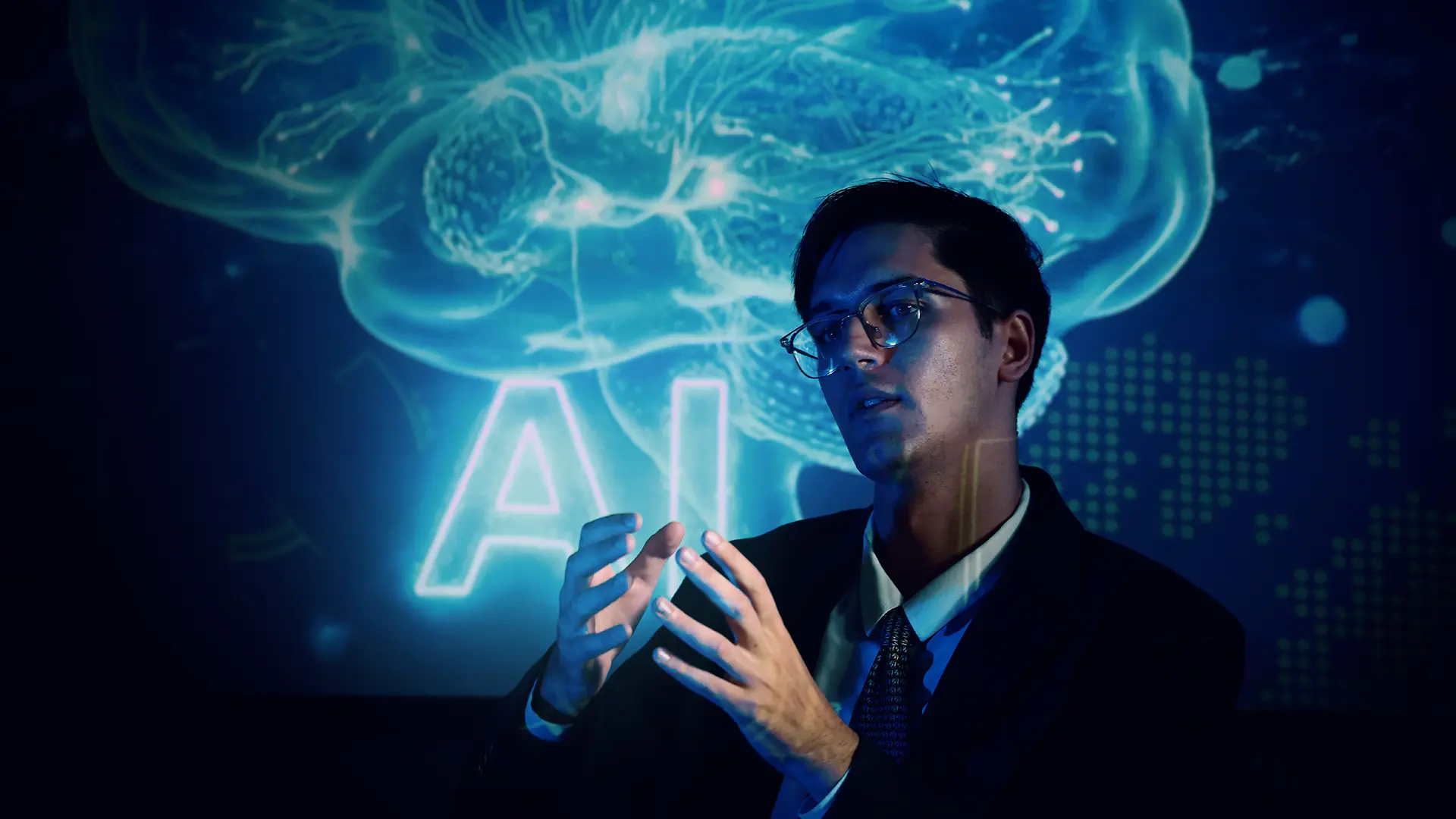If I use a photo that I don’t own the rights to, I know that I am violating copyright law. I can’t use what I don’t own the rights to without permission. That’s how copyright law has worked for years. However, now that the law is being challenged regarding the use of copyrighted images for training AI, at least it is in the UK.
Stock photography giant Getty Images has largely lost its closely watched lawsuit in the United Kingdom against artificial intelligence firm Stability AI, in a case seen as a test of how copyright law applies to the training and output of generative AI systems.

The High Court of Justice ruled that Getty had failed to prove its core claims of copyright infringement, granting the company only a limited victory on trademark issues. The court found that Stable Diffusion, the AI image generator developed by Stability AI, did not store or reproduce copyrighted works in a way that constitutes secondary infringement under UK law.
Judge Joanna Smith said the ruling was “both historic and extremely limited in scope,” determining that while some AI-generated images displayed watermarks resembling Getty’s trademarks, this was the only proven violation.
Getty had sued Stability AI in January 2023, alleging that the company unlawfully used millions of its licensed images to train the Stable Diffusion model and that the tool’s outputs sometimes reproduced copyrighted materials. However, midway through the trial, Getty dropped the question of AI training after acknowledging it lacked evidence showing where and how Stability trained its systems.
The remaining claims centered on secondary copyright infringement and trademark misuse. The court dismissed the copyright allegations but found limited trademark infringement, noting that some Stable Diffusion users had generated images containing marks “confusingly similar” to Getty’s watermark.
Lawyers said the outcome exposes weaknesses in the UK’s copyright protections when applied to artificial intelligence.
“Today’s finding means that copyright owners’ exclusive right to reap what they have sown has been avoided on a technicality,” said Rebecca Newman, an intellectual property attorney at Addleshaw Goddard.
In a statement, Getty Images said the decision confirmed that Stability AI “infringed our trademarks” and set a precedent establishing that “intangible articles, such as AI models, are subject to intellectual property claims.” But the company also warned that the ruling highlights “significant challenges in protecting creative works” and urged governments to adopt stronger transparency rules around AI training.
Stability AI, meanwhile, welcomed the ruling. General counsel Christian Dowell said the decision “ultimately resolves the copyright concerns that were the core issue,” calling it “a positive outcome for innovation and the wider AI industry.”
The trial was one of the first major tests of copyright law against a generative AI developer and was closely watched by artists, photographers, and tech companies worldwide.
Legal experts said Getty’s decision to abandon its training-data claim leaves unresolved the central question of whether using copyrighted material to train AI models constitutes infringement under UK law.
“This leaves the UK without a meaningful verdict on the lawfulness of an AI model’s process of learning from copyright materials,” said Iain Connor, a partner at Michelmores.
Getty is continuing to pursue similar litigation against Stability AI in the United States, where it hopes to achieve a more definitive ruling.
Shares of Getty Images fell nearly 9% in early New York trading following the judgment.